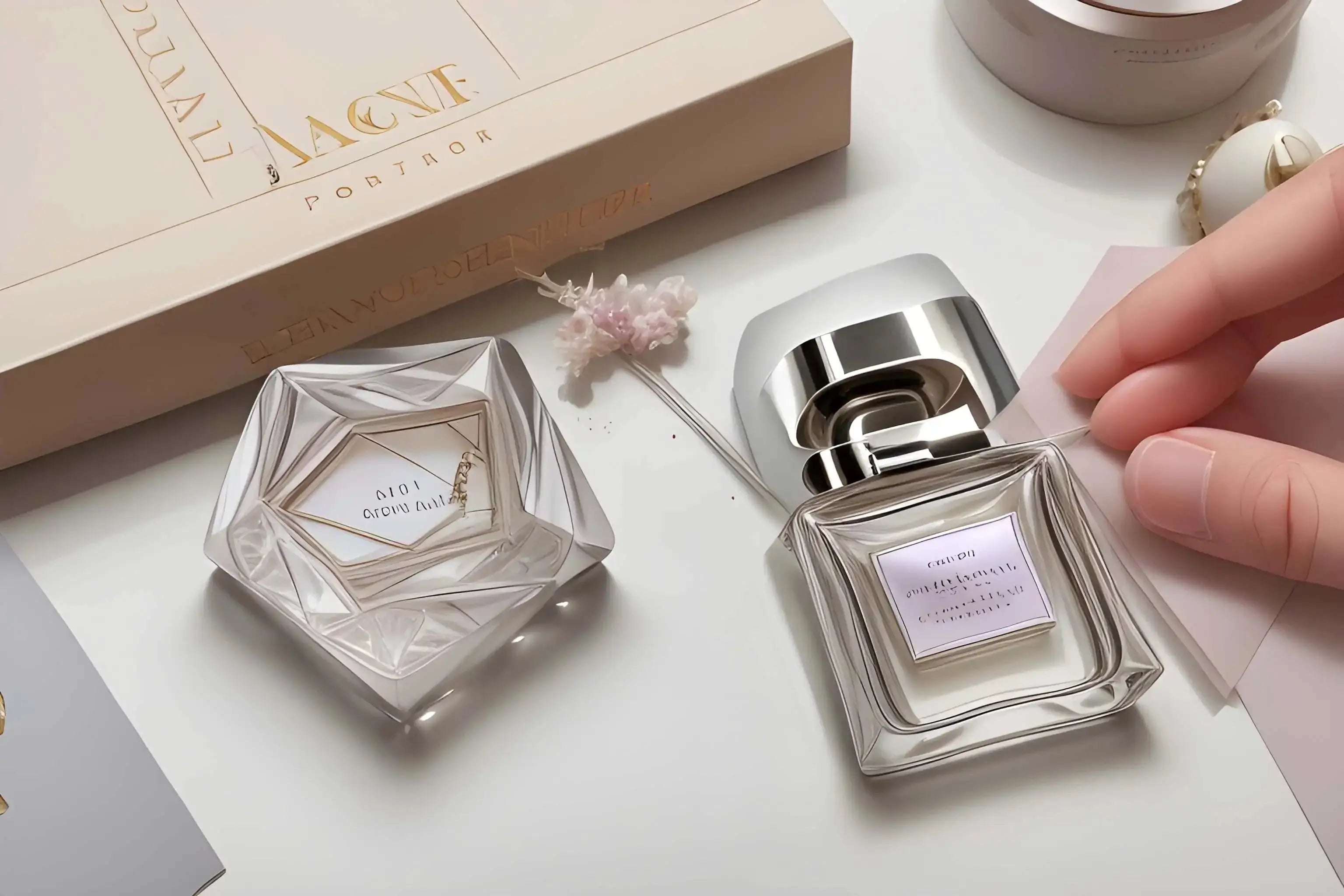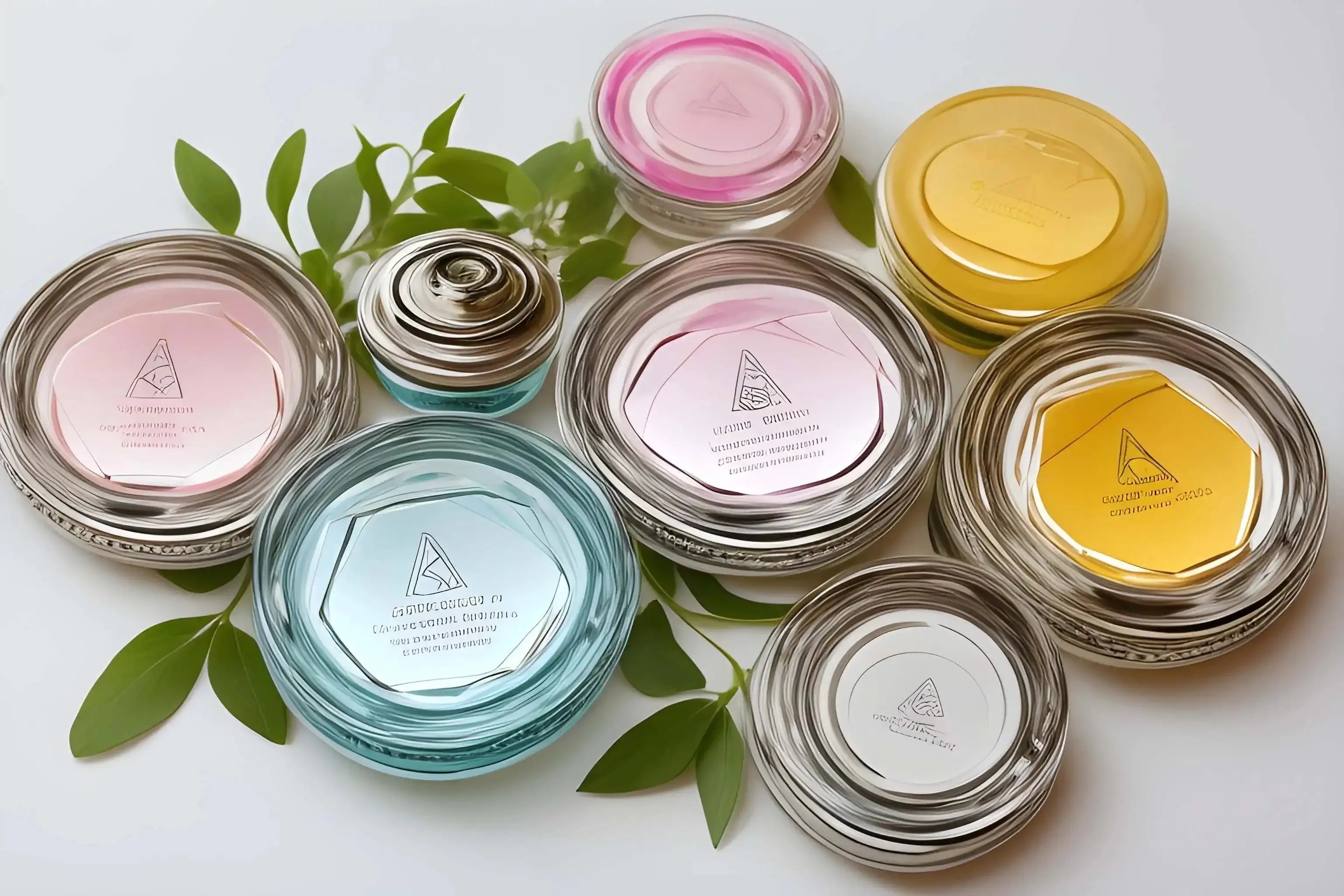
Perfume Guide: How to Become an Expert?
Welcome to our perfume guide, a captivating journey through the mysteries and wonders of fragrances. In this guide, we will explore the 10 major olfactory families, the different notes of a perfume, as well as our key tips to help you become an expert in the field.
The 10 Great Olfactory Families
The perfume industry uses a complex language to describe fragrances, but we can group them into ten major olfactory families to help you better understand them:
- Floral : This family is dominated by notes of flowers such as rose, jasmine, lily of the valley, lavender, and many others. Floral fragrances often evoke femininity and sweetness.
- Oriental : Oriental perfumes are rich in warm, spicy, and sweet notes. They contain ingredients such as vanilla, cinnamon, incense, musk, and sandalwood. These perfumes evoke warmth and sensuality.
- Woody: Woody fragrances are characterized by notes of wood, such as cedar, vetiver, patchouli, sandalwood, and guaiac wood. They evoke strength, stability, and masculinity.
- Hesperidic: Hesperidic fragrances are fresh, invigorating, and energizing, thanks to citrus notes like lemon, orange, grapefruit, bergamot, and neroli.
- Chypre: Chypre perfumes are often composed of notes of oak moss, patchouli, bergamot, and fruits such as apple and peach. They evoke mystery and sophistication.
- Aromatic: Aromatic perfumes feature herbal and spicy notes, such as lavender, rosemary, sage, thyme, and mint. They are fresh and evoke cleanliness.
- Fougère: Fougère fragrances combine fresh and herbal notes with woody and spicy notes. They are often masculine and elegant.
- Gourmande: Gourmand fragrances are rich in sweet and indulgent notes, such as chocolate, vanilla, caramel, coffee, and candied fruits. They evoke indulgence and sensuality.
- Fruity: Fruity fragrances feature notes of fruits, whether sweet, juicy, tangy, or exotic. They include notes of apple, peach, pear, strawberry, raspberry, apricot, and more. They are fresh and cheerful.
- Aquatic: This family evokes marine, saline, and fresh notes, reminiscent of sea air, with hints of seaweed, salt, and aquatic notes. These fragrances are refreshing and evoke the ocean.
The Top, Heart, and Base Notes
"This is certainly the most important point in perfumery: each fragrance is a complex composition that evolves over time. To understand this evolution, we must explore the top, heart, and base notes."
- Top Notes: These are the first notes you smell when applying the fragrance. They are fresh, light, and volatile, capturing attention immediately. Top notes often include citrus, herbs, spices, or other fresh and sparkling elements. However, they fade quickly, paving the way for the heart notes.
- Heart Notes: Heart notes emerge a few minutes after application and are the heart of the fragrance. They are more subtle, last longer than top notes, and include flowers, herbs, deeper spices, and other ingredients that create the distinctive character of the fragrance. Heart notes form the emotional core of the fragrance.
- Base Notes: Base notes are the most enduring and last long after application. They are rich, warm, and sensual, anchoring the olfactory memory of the fragrance. Base notes often include woods, resins, musks, amber, and other deep ingredients. They give the fragrance its stability and lasting character.
Our advices
- Read Books and Visit Shops: There’s nothing better than combining knowledge and practice. Explore books, blogs, or other online resources to learn more about legendary perfumers, fragrance creation techniques, and current industry trends. Then, visit niche perfume shops, luxury perfumeries, and perfumer workshops. Sellers and fragrance experts can guide you in discovering new scents and provide you with valuable information. There are also many schools and workshops offering perfumery courses. Joining a class will allow you to learn directly from experts and develop your fragrance creation skills.
- Test, test, test! Experimentation is the key to becoming an expert in perfumery. Try as many fragrances as possible. Smell them on your skin, on test strips, then wear them, and finally compare. Repeat this process as many times as possible! This will help you develop your olfactory palate. Then, as soon as possible, start your own collection of perfumes. Choose a variety of fragrances to explore different styles and ingredients. This will help you better understand your preferences and expand your expertise.
- Follow the news: When it comes to perfumery, the news is very rich! Stay updated with the latest releases. New perfumers, fragrance launches, and emerging trends are constantly appearing. Learn the key terms to familiarize yourself with the jargon; your understanding will only improve. Curiosity is a key quality to become an expert!
- Be patient: Becoming an expert in perfumery takes time. It is a vast, complex world, but incredibly captivating. Be patient and keep practicing. The more fragrances you smell, the more you will understand them. Your nose will become finer and sharper, and the olfactory signatures of each fragrance will hold no secrets for you!
Ultimately, perfumery is an endless sensory adventure. Each fragrance tells a unique story, and with this guide, you are now ready to discover and fully appreciate the wonderful world of perfumes. For the more curious among you, we have created a blog on the Birth of perfume: from creation to bottle. Happy olfactory journey!

